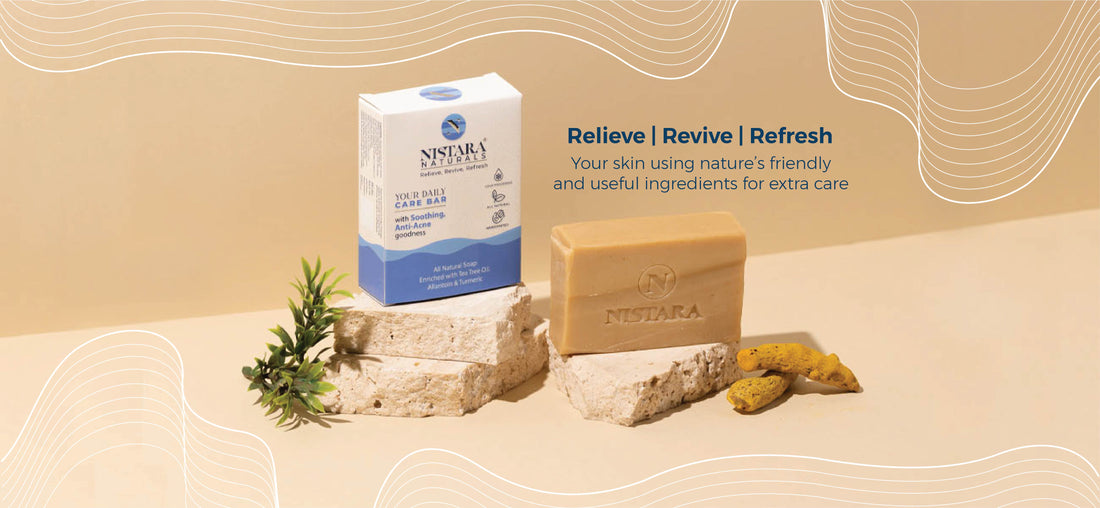In the world of skincare, the choice of soap isn’t just about cleansing—it’s about nurturing your skin with the best ingredients and processes available. Amidst the myriad of options, two stand out: cold processed soaps and regular soaps. Understanding the aspects between them can significantly impact your skincare routine. Let’s delve into the intricacies of these soap types to unravel the better choice for your skin.
Cold Processed Soaps: A Time-Honored Technique
The Ancient Technique
Cold-processed soaps trace their roots back centuries. This method involves mixing oils and lye, a process called saponification, without external heat. This unique approach allows the soap to cure naturally over several weeks. The absence of heat retains the integrity of the ingredients, ensuring their purity and potency.
Preserving Ingredients’ Purity
The beauty of cold-processed soaps lies in their ability to maintain the natural goodness of their components. Without exposure to high temperatures, the oils and other ingredients retain their beneficial properties. Essential oils, herbs, and natural additives in these soaps are not compromised, resulting in a product that’s gentle yet effective on the skin.
Enhanced Potency
The slow curing process of cold processed soaps retains the potency of the ingredients. This allows for a more nourishing and moisturizing effect on the skin, making it suitable for various skin types, especially sensitive and dry skin.
Craftsmanship and Uniqueness
Crafting cold processed soaps is an art form. Artisans often handcraft these soaps in small batches, allowing for a personal touch and uniqueness in each bar.
Normal Soaps : No Added Value to Your Skincare Game
Lacking Ingredient Integrity
Unlike cold-processed soaps, regular soaps undergo a different manufacturing process that involves high temperatures and shorter curing times. This heat-based method can compromise the integrity of the ingredients, leading to the loss of their natural benefits. Harsh chemicals and artificial fragrances are frequently added, potentially causing irritation and dryness.
Diminished Nourishing Qualities
Normal soaps, due to their production method, often lack the nourishing qualities that cold-processed soaps offer. The quick curing process may strip away the essential oils and natural goodness present in the ingredients, resulting in a less moisturizing and potentially harsher cleansing experience for the skin.
Mass Production and Uniformity
Most regular soaps are mass-produced in large quantities, focusing on uniformity rather than uniqueness. The manufacturing process is streamlined for efficiency, sacrificing the individual care and craftsmanship seen in cold-processed soaps. This may limit the variety and quality of ingredients used.
Lack of Customization
Regular soaps typically come in limited variants, with little customization in terms of ingredients and benefits. This one-size-fits-all approach might not address specific skin concerns or preferences compared to the diverse options available in cold-processed soaps.
Conclusion: Making an Informed Choice
Choosing between cold processed and regular soaps boils down to understanding the essence of skincare. The ancient technique of cold processing preserves the purity and potency of ingredients, offering a more nourishing and personalized skincare experience. Conversely, regular soaps, manufactured with heat-based processes, often lack these enriching qualities and individual craftsmanship.
What's your experience with different types of soaps? Have you found one that significantly improved your skincare routine? Share your thoughts and experiences in the comments below! Your insights might help others make informed choices for their skin.

